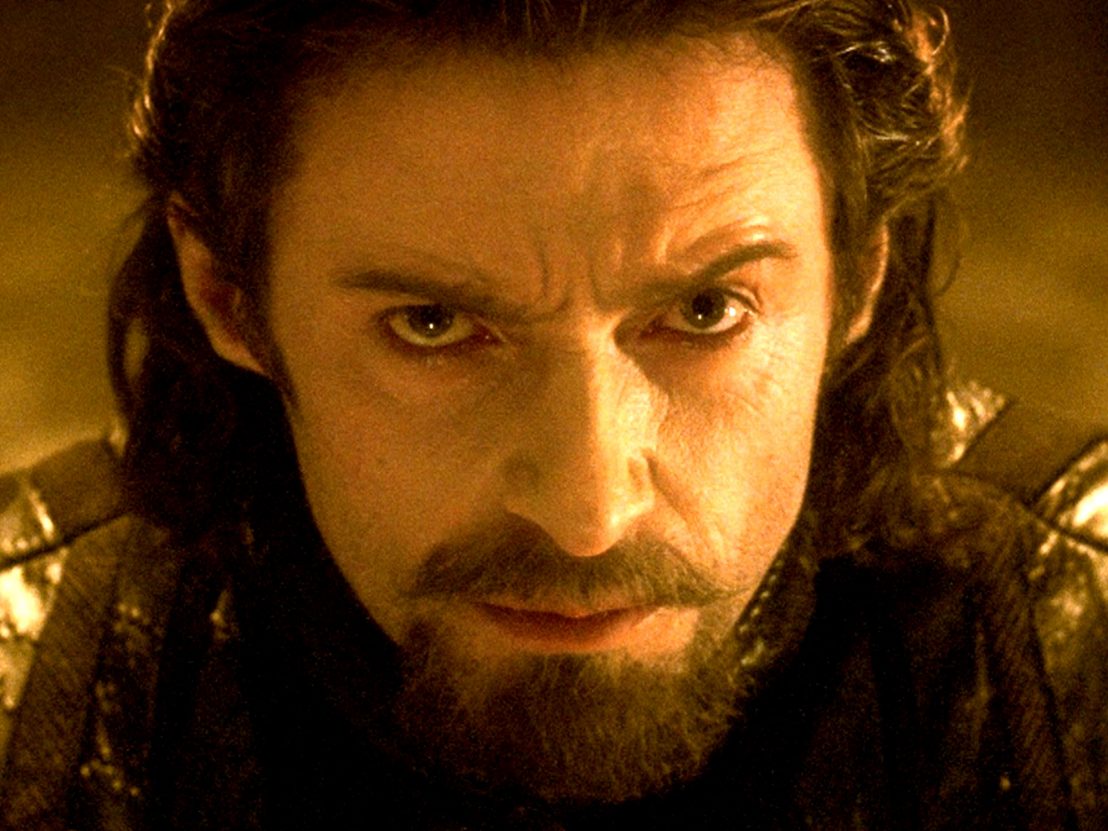
Released to mixed reviews in 2006, The Fountain is a curious outlier in Darren Aronofsky’s filmmaking career. Arriving off the back of the critical success of 2000’s Requiem for a Dream, it is often dismissed as the writer/director’s most inaccessible, self-indulgent film. With the possible exception of 2017’s Mother!, it remains his most divisive work.
In fact, The Fountain wasn’t even meant to be Aronofsky’s third movie. After completing Requiem for a Dream, he was hired by Warner Bros to bring Frank Miller’s ‘Batman: Year One’ to the big screen. Working from a script by the acclaimed graphical novelist, Aronofsky enlisted future Bruce Wayne Christian Bale to don the famous cowl before creative differences between the director and Miller forced the studio to shelve the project in 2001. Years later, Miller teased that it was the first time he’d “worked on a Batman project with somebody whose vision of Batman was darker than mine.” (The unused script is still available to read online.)
With a sudden gap in his schedule, Aronofsky turned his attention to The Fountain, hoping Brad Pitt and Cate Blanchett would join him as his leads – but again, he struggled. When the former abruptly left due to unresolved script issues, the project fell apart and lay dormant until 2004 when Hugh Jackman and Rachael Weisz helped Aronofsky resurrect his low-budget passion project.
While this off-screen drama has since faded into film history, it’s easy to see why The Fountain struggled to connect with audiences. Structured as three stories that bleed into one, the film follows Thomas (Hugh Jackman), a scientist desperately trying to find a cure for his terminally-ill wife Isabella (Rachael Weisz).
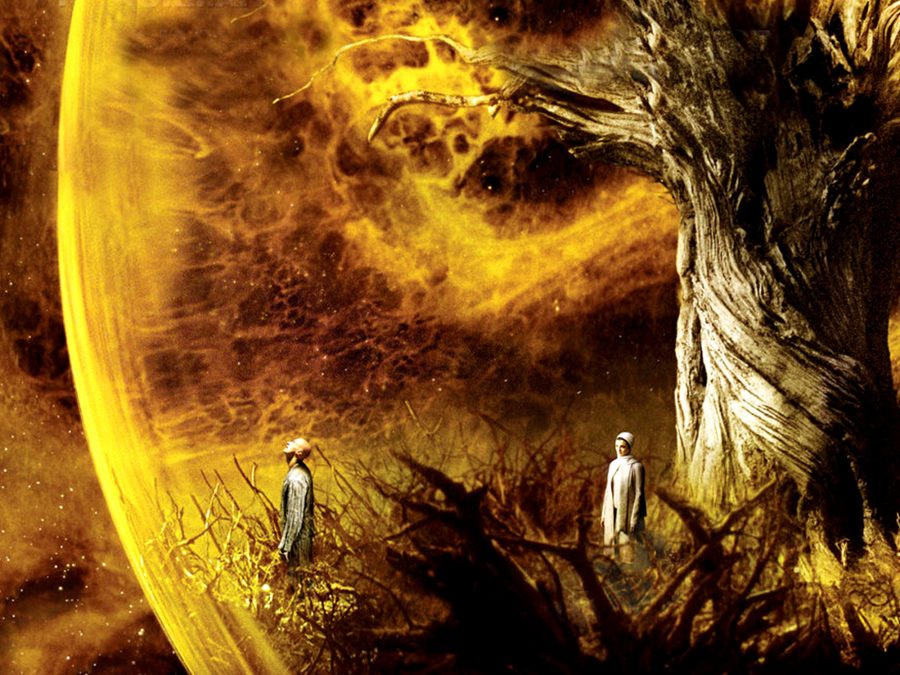
At the same time, we meet Thomas as a 16th-century Spanish conquistador battling his way through the dense jungles of South America in search of the Tree of Life, and Thomas the space traveller, floating alone in an empty void with the same life-giving tree towards a dying star and the promise of rebirth.
If these storylines have a single overarching theme, it’s the grim inevitability of death and humanity’s urge to fight it. On a visual level, film is laced with existential, hypnotic imagery – swirling golds, dazzling silvers, vibrant reds and greens – like a Tool album cover come to life. Thomas’ three-pronged journey sees him travel from cold blacks to stark whites, subliminally mirroring themes of mortality. The haunting score by the Kronos Quartet, Mogwai, and composer Clint Mansell further augments the inescapability of death.
Like life, The Fountain is over all too quickly. It ends just as soon as its message is conveyed – a reminder that death is coming for us all, no matter how hard we try to rally against it, so we might as well just accept it. It is an undeniably bleak statement, which Aronofsky himself admitted in 2009: “The film’s about the fact that it’s okay that we die, and we should come to terms with it,” he told the Guardian. “But many, many people don’t want to think about that, so why pay money for a meditation on losing someone you love?”
Cinema has the power to help us try to make sense of even the most difficult aspects of the human condition. And The Fountain explores the biggest topic of all: the end. The fact that it does so in such a poetic, tender and visually (and aurally) expressive way perhaps explains why it has become a cult favourite. It is a heartbreaking, singular viewing experience that is long overdue a second look.
Published 22 Nov 2021
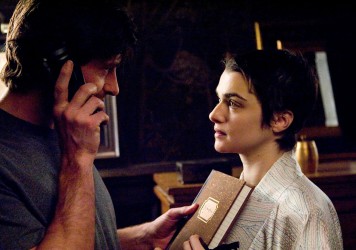
An emotional powerhouse that sucks you in and rips you apart layer by layer. An unparalleled experience.
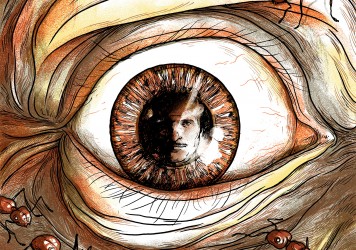
The Black Swan director reflects on the art of filmmaking, the trials of building a legacy and having a dark side.
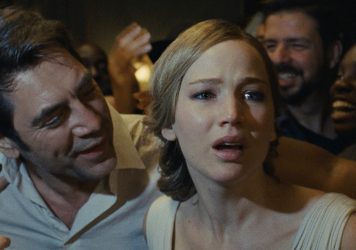
Jennifer Lawrence is plunged into the fiery depths of Hell in this conceptual ordeal saga from Darren Aronofsky.